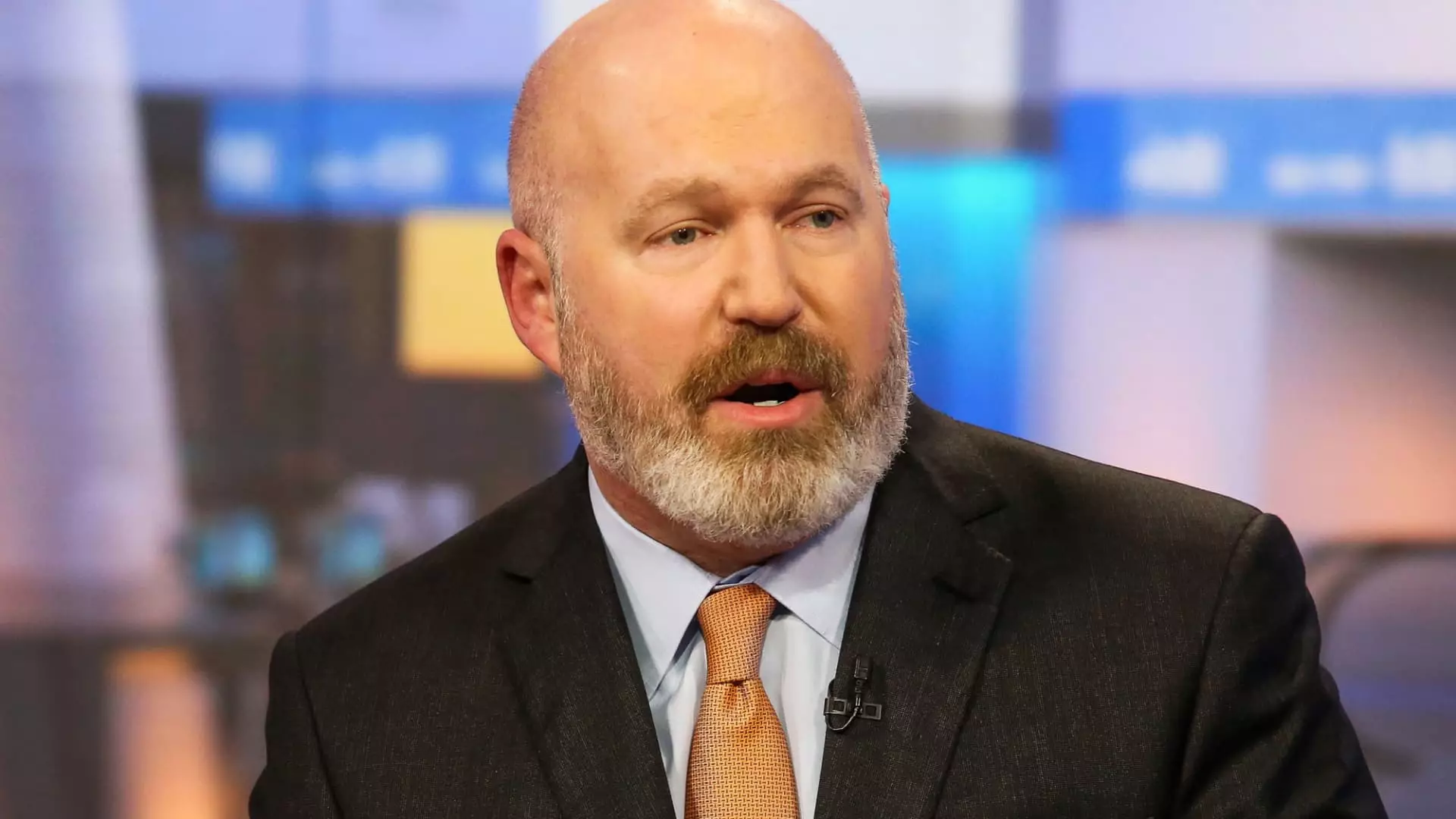Amid widespread economic uncertainty, the recent performance of hedge funds like AQR Capital Management might seem like a beacon of hope—or a mirage. The firm’s two standout funds, Apex and Delphi, realized staggering gains of approximately 11.4% and 11.6% respectively within the first half of 2025, far surpassing the modest 5.3% growth of the S&P 500. On paper, this paints a picture of a savvy, resilient hedge fund capitalizing on turbulent markets. However, it is essential to scrutinize whether these results are truly indicative of skill or simply the product of aggressive, possibly risky, strategies that might not sustain in the long term.
While these eye-popping figures garner admiration, it is crucial to question the sustainability of such returns. The first half of 2025 was marked by volatility driven by geopolitical tensions and trade conflicts—factors that often tempt hedge funds into riskier bets. AQR’s multi-strategy approach, combining stocks, macro trades, and arbitrage, appears to be a calculated gamble rather than a consistent path to wealth, especially given the unpredictability of international conflicts and trade wars. Algorithms may have identified temporary patterns, but they often struggle to adapt once market momentum shifts, which history has repeatedly demonstrated.
Underlying Risks Hidden Beneath the Spotlight
The narrative that these funds thrived during such a volatile period simplifies the complex nature of their strategies. The firm’s success does not automatically translate into a sustainable advantage. In fact, high returns during tumultuous periods might be a transient artifact of luck or overleveraging rather than an indication of genuine predictive prowess.
AQR’s trend-following strategy, Helix, returned 7.4%, which appears moderate compared to Apex and Delphi, but still raises questions about risk exposure. Trend-following can lead to significant losses if market momentum reverses abruptly—a scenario increasingly plausible given the current geopolitical landscape. Furthermore, the firm’s expanding assets—growing from $99 billion to $142 billion—could be a double-edged sword. Larger AUMs tend to make swift, nimble moves more difficult and could lead to herd-like behavior, exacerbating losses during downturns.
It is also worth noting that hedge funds sometimes mask their true performance behind selective disclosures, making it difficult to discern whether such impressive figures are representative of consistent skill or merely short-term anomalies. The glamour surrounding hedge fund returns can gloss over inherent vulnerabilities, especially in an environment where markets are heavily manipulated by algorithmic trading and geopolitical risks.
The Center-Left Skeptic’s Perspective: Caution over Excitement
From a centrist liberal viewpoint, these results should evoke skepticism rather than awe. The notion that hedge funds like AQR can “beat the market” broadly hinges on their ability to exploit market inefficiencies—an exploit that feels increasingly fragile amid a world where misinformation, political upheaval, and regulatory shifts threaten to destabilize traditional trading strategies. While AQR’s proven track record is impressive, it shouldn’t inspire complacency; instead, it should remind investors of the importance of prudent risk management and transparency.
Moreover, the allure of high returns during periods of chaos inherently risks fostering a narrative of inevitable dominance in turbulent markets, which can lead to reckless overconfidence. The ideological inclination here is to urge regulation, transparency, and diversification—counteracting the hubris that often accompanies lofty gains. Markets are not invincible; their recent rebound does not guarantee immunity from shocks brought by geopolitical conflicts and climate crises that may be looming just over the horizon.
While AQR continued to impress with seemingly extraordinary performance metrics in the first half of 2025, a critical eye reveals that the true test lies ahead. Markets are inherently unpredictable, and strategies that thrive in one volatile period may falter in the next. Responsible and transparent investment philosophies rooted in risk mitigation, not just chasing recent gains, are what truly define sustainable success, especially in an era of persistent uncertainty.

